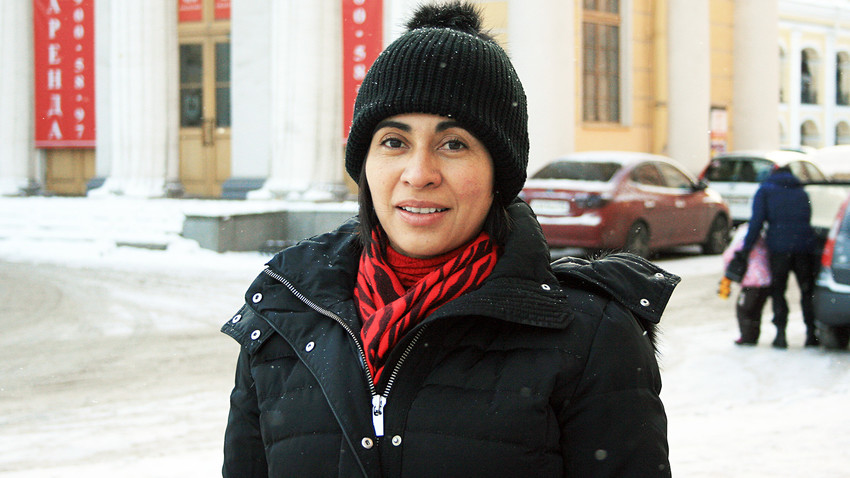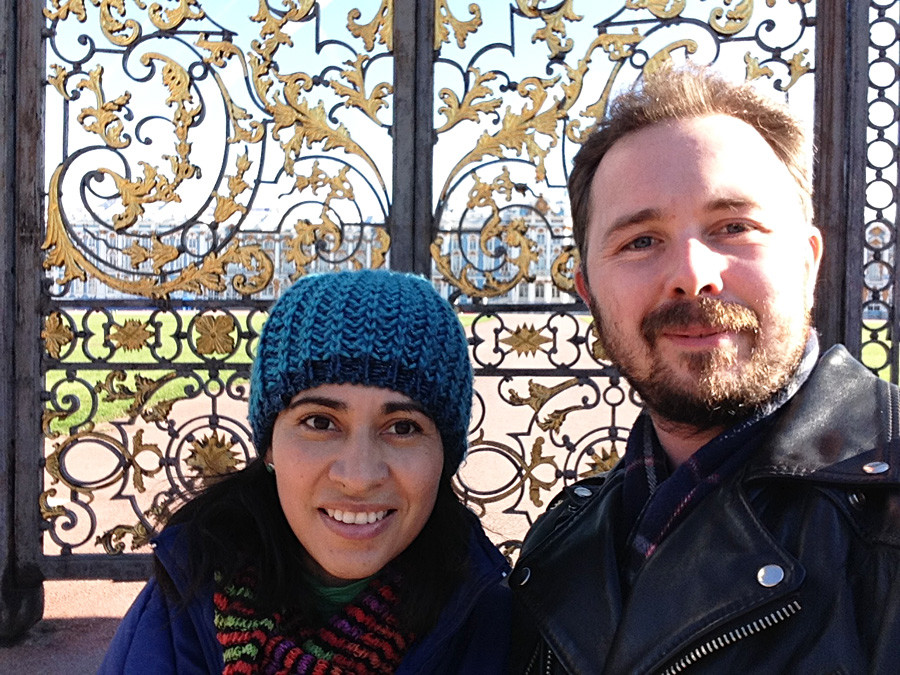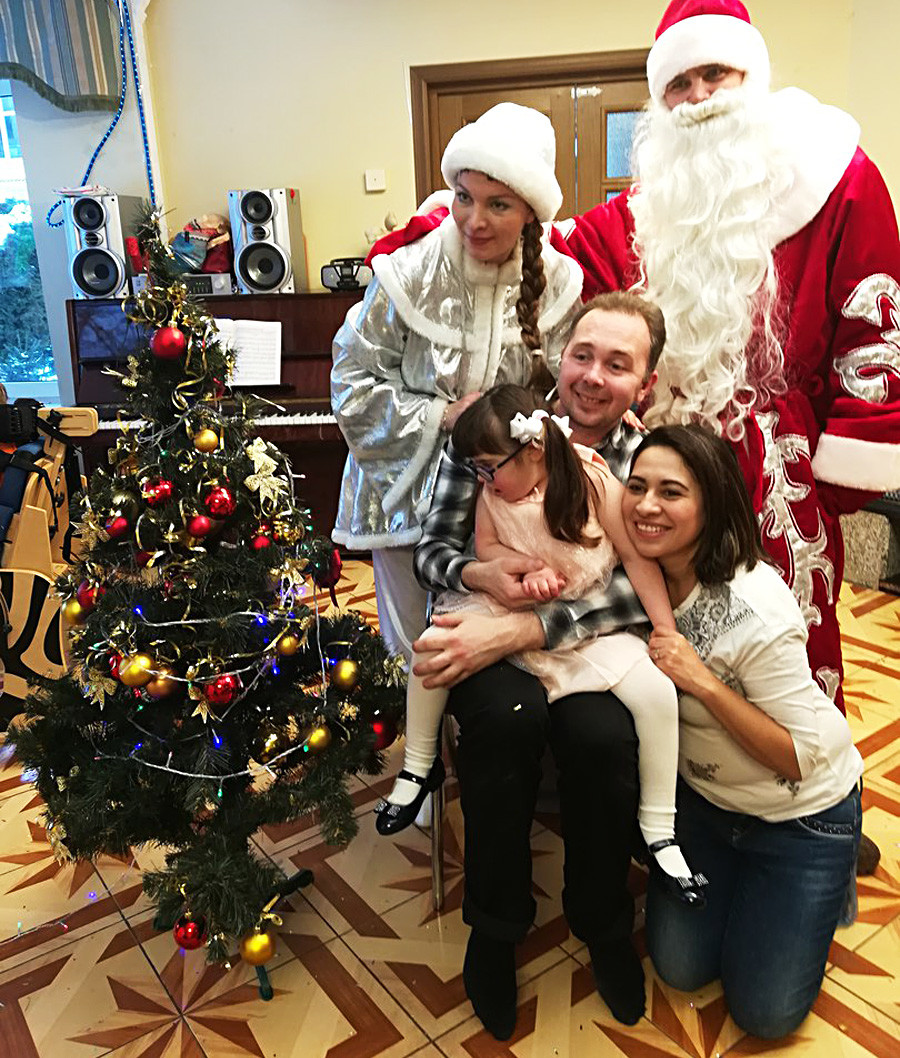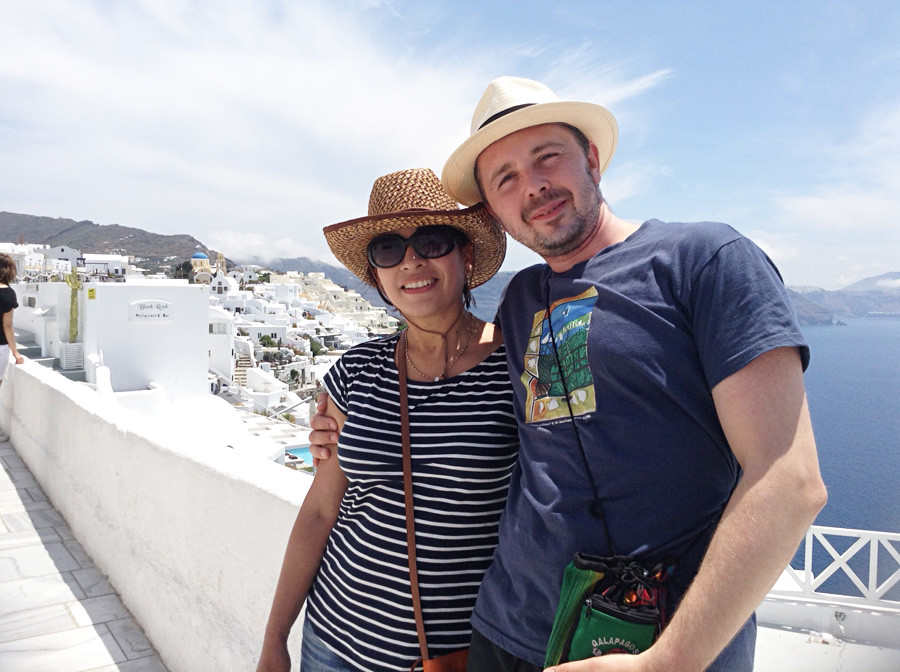How Russians changed my life: Andrea from Colombia

I never thought that I would live in Russia, not to mention marry a Russian man! I studied in Australia, returned home for a short while and then accidentally met him - a man with a British accent. When he admitted that he was Russian I could not believe it, because
However, I do not perceive my husband as being Russian: to

My first impression of Russia: “Damn, Russians don’t smile! It isn’t a stereotype, it’s the truth!” Here you can ever
In the
Years later I learned to be tolerant and to keep my distance. Now I know that Russians are actually very friendly, just deep down inside: it takes time in order to get to know you and then they open up. Perhaps these precautions in relationships with strangers/foreigners are rooted in history and connected to the tragic events the country has gone through. And maybe from the long, cold winters….

My daughter, Isabella, for example, likes Russia’s climate more than the heat of my country. Maybe it is because she was born in St. Petersburg. Children in Colombia socialize faster and easier than in Russia, but there are many advantages to raising a child here. For example, health insurance is free and covers most tests and procedures.
But to survive in Russia you not only need
Today I can say with confidence that I have settled down in Russia and can even cook Russian dishes such as vinaigrette, Olivier and Russian pancakes. My daughter loves buckwheat and other kinds of grains, my husband enjoys borscht and sausage, but my culinary understanding at the moment is not at the level of cooking those difficult soups. I hope that one day I will surprise them with a homemade ukha - the clear Russian soup made with fish.
I even found “my” place to relax in Russia: for example, a really quiet place - my mother-in-law’s dacha, it is like a “time machine,” which transports you to a Russian village. The dacha has a

For me, the greatest motivation, even in the most difficult times in Russia, is my family. For them, I am willing to go anywhere. I am grateful to all the Russians I have met: those who have helped me leave my comfort zone, find myself and helped me learn to understand others.
As told to Daria Aminova
If using any of Russia Beyond's content, partly or in full, always provide an active hyperlink to the original material.
Subscribe
to our newsletter!
Get the week's best stories straight to your inbox